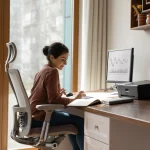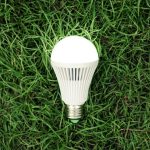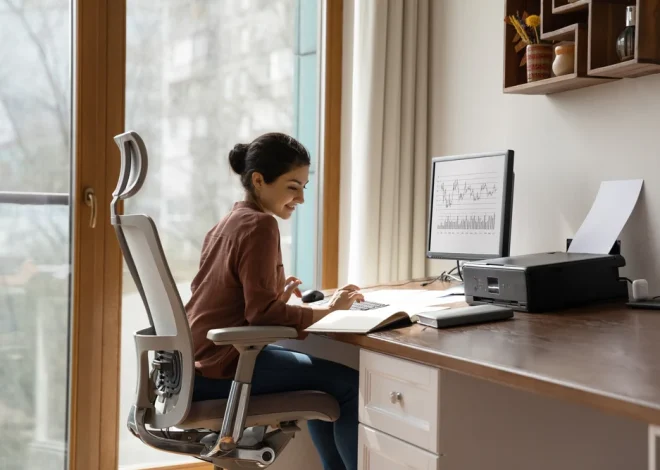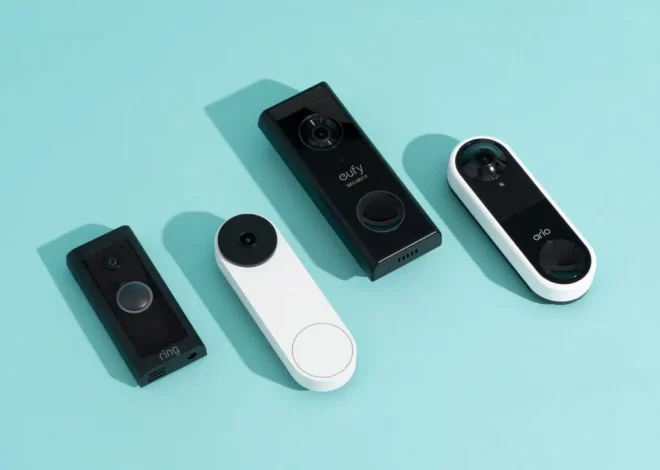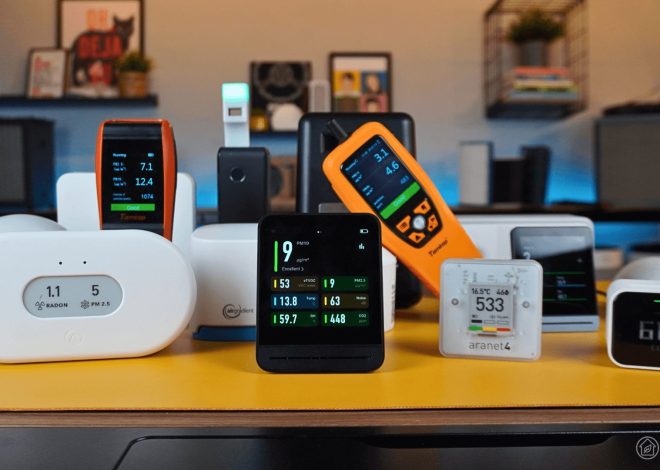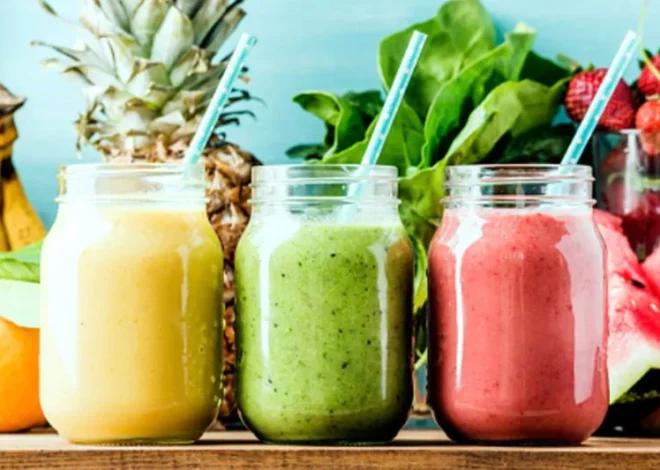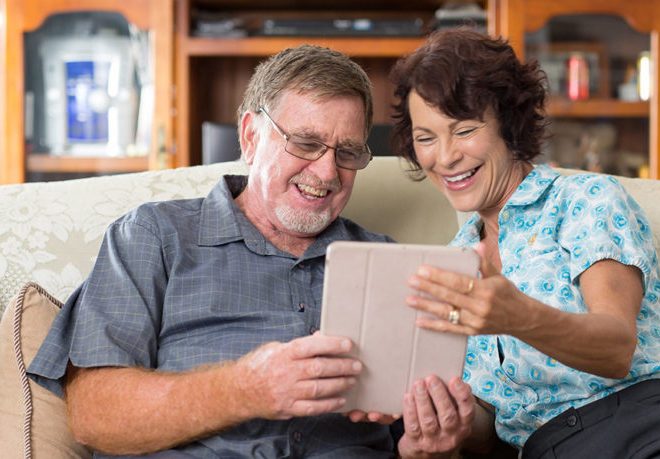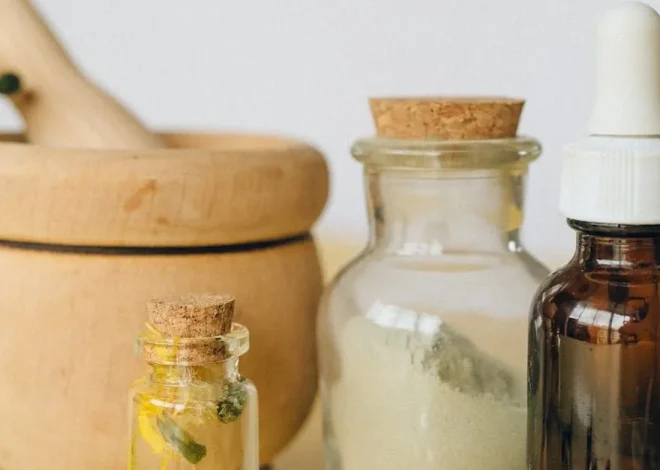Essential First Aid Supplies for Every Home

Accidents are unpredictable, and according to the National Safety Council (NSC), more than half of all accidents happen at home. From minor cuts to broken bones, the risk of injury within your home is high. Prompt treatment can drastically impact the recovery process and prevent complications. Therefore, keeping a comprehensive first aid kit on hand is essential. Below, we highlight key first aid supplies every home should have, what they are used for, and when to seek medical help.
8 Crucial Items for Your Home First Aid Kit
1. Adhesive Bandages
These are essential for treating small cuts and scrapes. They help stop bleeding, protect the injury from dirt, and reduce the risk of infection.
2. Sterile Gauze and Medical Tape
For larger wounds that bleed, sterile gauze pads help absorb blood and shield the wound from contaminants. Medical tape is used to secure the gauze in place.
3. Antiseptic Wipes or Solution
Cleaning an injury is crucial to prevent infection. Antiseptic wipes or a solution like hydrogen peroxide can cleanse the wound before bandaging it.
4. Tweezers
These tools are essential for removing splinters, insect stingers, or any small foreign objects embedded in the skin.
5. Elastic Bandage
Elastic bandages are ideal for sprains and strains. They help reduce swelling while providing compression and support to the injured area.
6. Heat and Cold Packs
Heat packs help alleviate muscle tension, while cold packs are perfect for reducing swelling and pain from injuries like sprains or bumps. Both types can be activated easily as per the manufacturer’s instructions.
7. Pain Relievers
Over-the-counter pain medications such as ibuprofen or acetaminophen can relieve discomfort from minor injuries. Always follow the recommended dosage and keep track of symptoms.
8. Emergency Contact List
Keep a list of emergency contacts, including your doctor, poison control, and local hospitals. Having quick access to these numbers can be lifesaving in urgent situations.
- Dial 911 for Immediate Assistance – If you face a serious medical emergency like breathing difficulty, choking, or severe bleeding, call 911 right away.
- Dial 1-800-222-1222 for Poison Control – If someone ingests or is exposed to poison, contact poison control immediately.
When Should You Consult a Healthcare Provider?
While many minor injuries can be managed at home, certain situations require professional care. If you experience excessive bleeding, deep or large wounds, signs of infection (such as redness, swelling, or pus), broken bones, or injuries that aren’t healing, it is essential to consult a healthcare provider like Harmony Healthcare Long Island.
Conclusion: Be Prepared for Any Emergency
Accident prevention begins with maintaining a safe home environment. Regularly check for hazards, store sharp objects, chemicals, and medications safely, and educate your family on basic safety practices. Remember, follow-up care is as important as the first aid you provide. Always consult with a healthcare provider to ensure proper healing and avoid complications after an injury.



